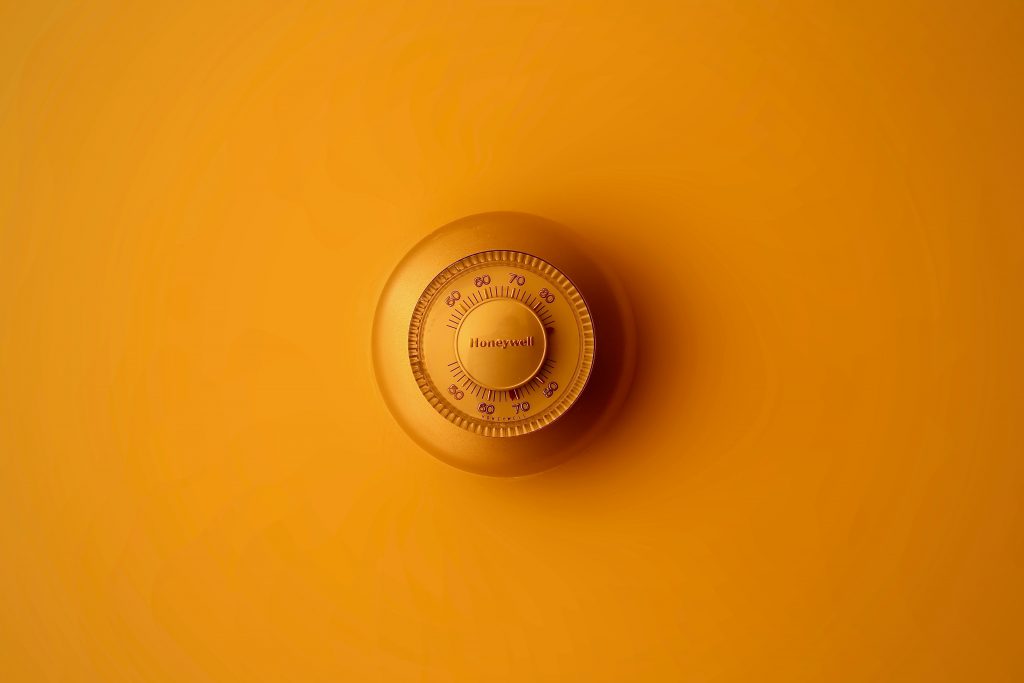
Somewhere, in a parallel universe, Wes Honeywell is growing impatient with his current band, Damper-Flapper, led by his old friend Al Butz. There are several problems with Damper-Flapper.
First, most of the sidemen (yes, they are all men), have different motivations. One actually enjoys playing music, a second uses his performance as a magnet for attracting women, a third person meets for his mental health, while the last member attends for the money. The sociopathic bandleader/ music director/ songwriter is solely interested in the band as a means of controlling people.
Second, they can’t agree on a genre. It is an unhealthy combination of blues, country, electro-pop, jazz, industrial rock and surf. They refer to it as fusion, but everyone else calls it noise.
Third, with an average age north of 70, it is becoming harder for band members to remember details like lyrics and chord changes. It is not even possible to introduce new songs, because everyone is stuck in his own personal rut. Illness, both real and fake, is taking its toll at band practice.
Since harmony is not a term that can be applied to Damper-Flapper, Wes has decided to spend less time interacting with this mash and clash of humanity and to spend more time working alone as a musician.
Computers are not high priority for Wes. Fortunately, he knows people who know things, and one of these people in Proton Bletchley. Proton was able to tell Wes, that the heart of every 21st century one-person-band (yes, this applies to the other gender too), is a digital audio workstation (DAW). While laptops are portable, desktop or even rack based machines are preferred. In general, they are faster, run cooler (using less energy and producing less noise), offer greater flexibility such as more RAM, additional drives, and space for better graphic cards (if video is being contemplated).
Wes needs a lot of tracks. His father was a jazz pianist, and played nothing else, but Wes converted early in life to blues. He can perform: (1) lead vocals, (2) backing vocals, (3) lead guitar, (4) rhythm guitar, (5) bass guitar, (6) keyboard, (7) drums, including (8) congas, and (9) saxophone.
Each of these can be laid down as a separate track, while Wes listens to one or more of the tracks that have been laid down previously. The average number of times Wes needs to lay down a track varies with his skill with the instrument: once for congas; fourteen for saxophone, and counting.
The main recording challenge is noise, which may mean that any computer has to be physically separated from studio (a fancy name for Wes’ spare bedroom) pickups and microphones. This is not quite as acute a problem now as it was before, since some fanless (almost silent) computers are able to do vast amounts of processing, compared to earlier machines.
Other hardware considerations had to be taken, but only after some software decisions have been made. One of the first was about which operating system to use, Apple MacOS or Windows? Proton’s standard answer is neither, use Linux. This is because of his support of the Open Source movement.
While Proton is a confirmed open source advocate, he is also a hypocrite. He spends his days extolling the virtues of Open Source software, forgetting some of the serious issues that come with them: the lack of professionalism in Open Source communities, which result in inappropriate products; the lack of resources, financial and otherwise; there are also issues caused by commercial licensing restrictions.
The most notable open source audio products are: Ardour, a hard disk recorder and digital audio workstation application; Audacity, a sound editor more than a digital audio workstation; LMMS (in a previous life, Linux MultiMedia Studio), another digital audio workstation application.
These programs are probably good enough for most musicians. Yet, there can be a temptation to use commercial products, that could be slightly more refined.
This said, Proton discourages people from using Software as a Service. Adobe Audition, for example, now requires people to edit their music in the cloud. That is, the music is stored and manipulated on somebody else’s server. This means that users effectively lose control over their creations and are dependent on Adobe behaving ethically.
At the very least, software should be installed on one’s own machine, with backup in some physically separate place.
If one is going to use commercial software, Chris Barnatt, futurist, author and YouTuber at Explaining Computers, recommends DaVinci Resolve for video (and audio) editing. The free version, is more than good enough for a one person band. More information is available at Black Magic Design.
Wes has downloaded all of the above, and is testing them out to find out which one feels good, for him.

